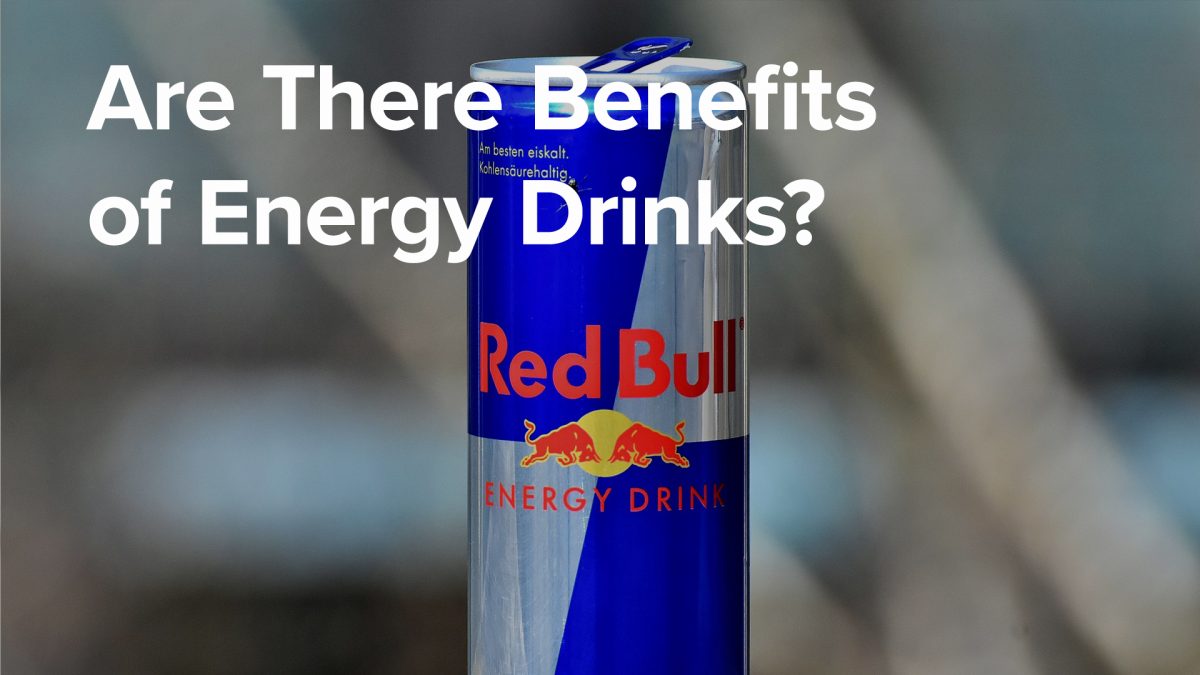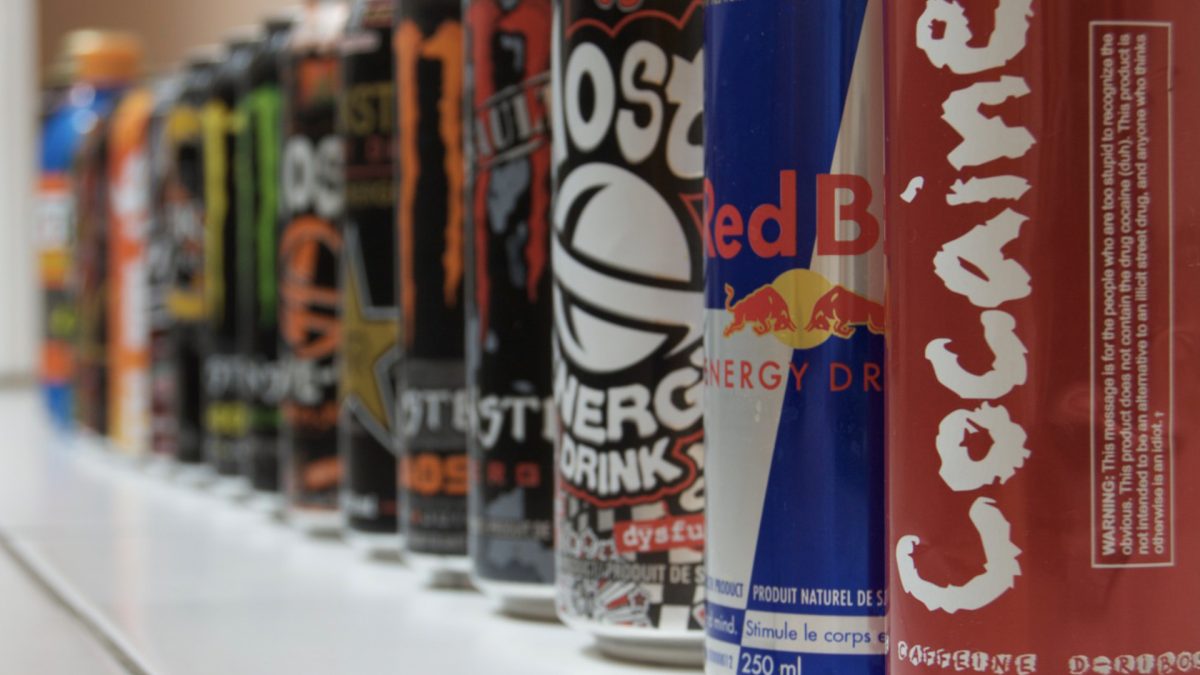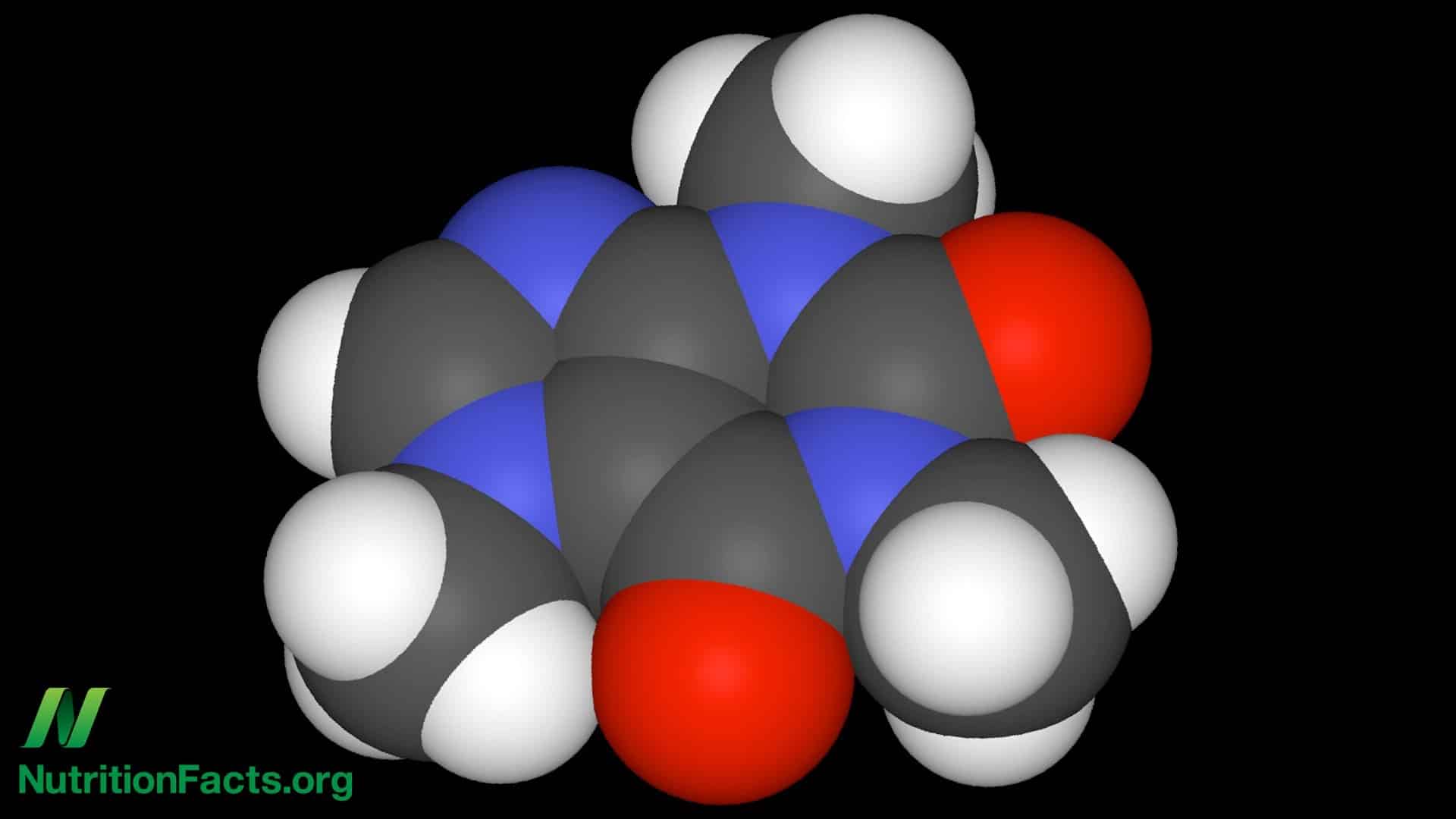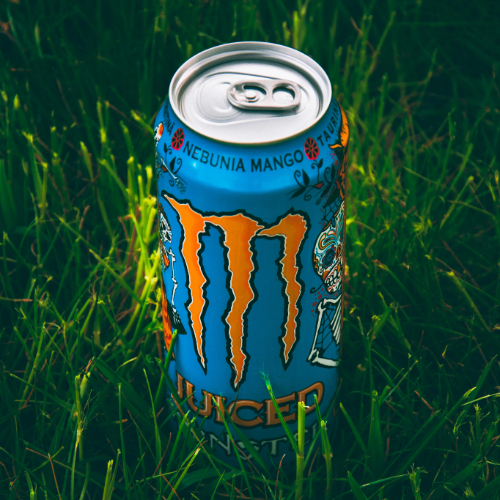
Energy Drinks
The first energy drink—Dr. Enuf—dates back more than a half century, launched in 1949. Today, there are more than a hundred different brands fueling an industry worth tens of billions of dollars. Are they safe?
One concern raised by public health advocates is increased blood pressure. The spike doesn’t start peaking until about an hour after consumption, and blood flow in the brain takes a dive. Despite being promoted as having beneficial effects, this instead suggests energy drinks are potentially harmful because of the extra workload they force on the heart and the decreased cerebral blood flow.
Increased inflammation has also been found, but might it just be the caffeine? Young, healthy volunteers were randomized to drink two large cans of either an energy drink or a control drink that had the same amount of sugar and caffeine but none of the other proprietary blend ingredients common in energy drinks, such as taurine, carnitine, ginseng, and guarana. It turns out it was not just the caffeine. Significantly higher blood pressures were noted on the energy drink, along with a longer “QT interval,” which is an EKG finding corresponding to the time it takes for the heart to contract and then refill with blood before beginning its next beat. QT prolongation—which is what the energy drink did, but not the caffeine alone—is a recognized marker of increased risk for developing a sudden fatal heart rhythm.
For substantiation of any statements of fact from the peer-reviewed medical literature, please see the associated videos below.
Image Credit: Unsplash. This image has been modified.
Popular Videos for Energy Drinks


Are There Risks to Energy Drinks?
Red Bull and Rockstar brand energy drinks are put to the test.
What About the Caffeine?
Caffeine has positive cognitive and physiological effects at moderate doses.All Videos for Energy Drinks
-

Are There Benefits of Energy Drinks?
The effects of Red Bull and Monster brand energy drinks on artery function and athletic performance.
-

Are There Risks to Energy Drinks?
Red Bull and Rockstar brand energy drinks are put to the test.
-

Apple Peels Put to the Test for Chronic Joint Pain
Are the health benefits associated with apple consumption simply due to other healthy behaviors among apple-eaters?
-

How to Develop a Healthy Gut Ecosystem
What we eat determines what kind of bacteria we foster the growth of in our gut, which can increase or decrease our risk of some of our leading killer diseases.
-

Coffee and Mortality
What effect does coffee and tea consumption have on longevity, cancer risk, GERD reflux, bone fractures, glaucoma, sleep quality, and atrial fibrillation (irregular heartbeat)?
-

Carnitine, Choline, Cancer, & Cholesterol: The TMAO Connection
Expanding on the subject of my upcoming appearance on The Dr. Oz Show, a landmark new article in the New England Journal of Medicine shows that choline in eggs, poultry, dairy, and fish produces the same toxic TMAO as carnitine in red meat—which may help explain plant-based protection from heart disease and prostate cancer.
